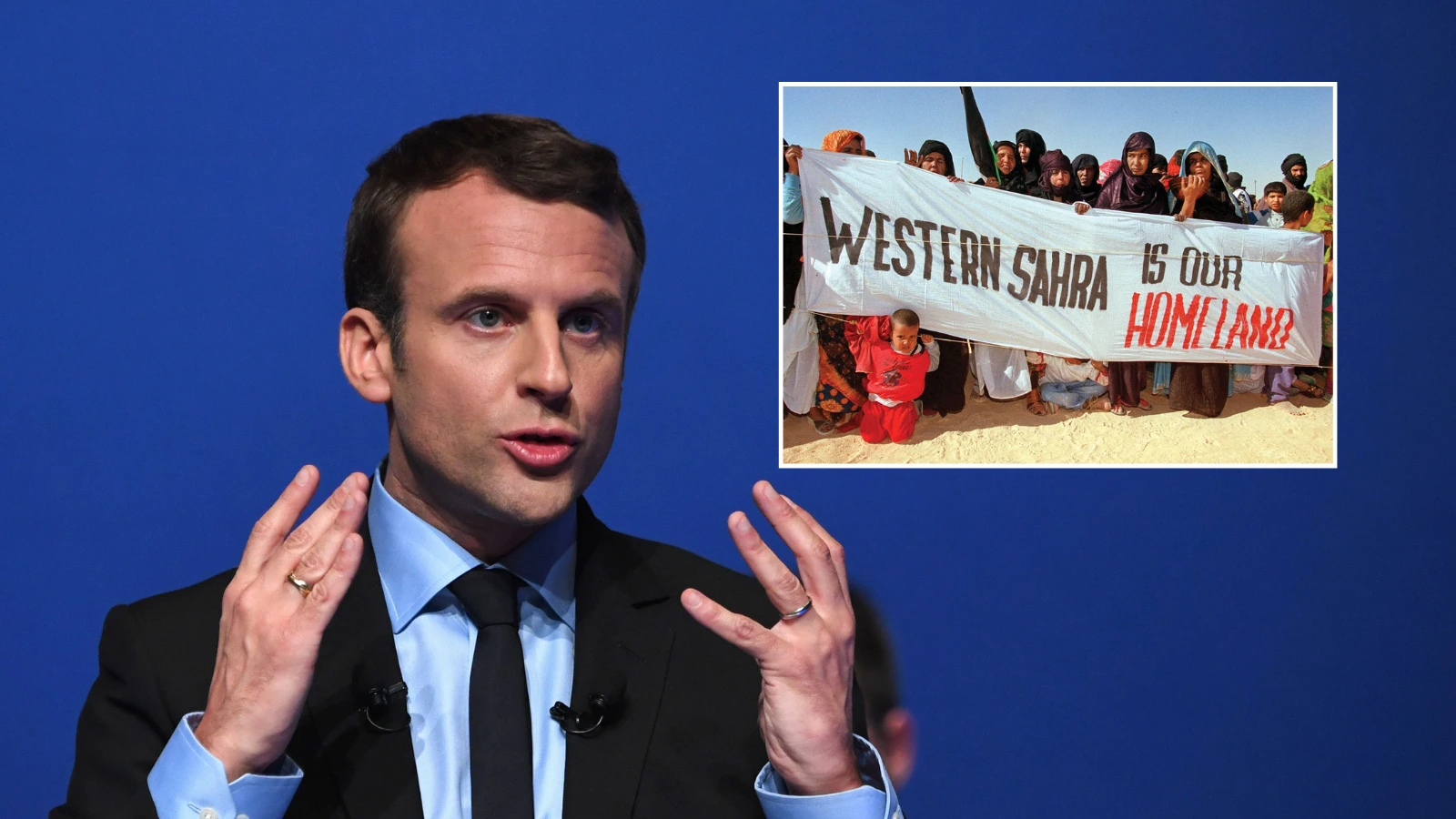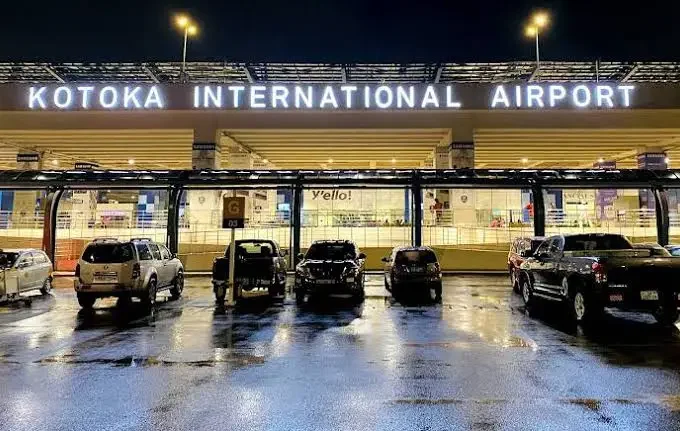
France’s Factory Shutdowns Signal Deeper Crisis as Africa Reclaims Control of Resources

France’s industrial base is under severe pressure, with increasing factory shutdowns across key sectors. From automotive to steel and agri-processing, closures and layoffs have become more frequent, driven by high energy costs, sluggish demand, and growing political and economic uncertainty.
While these developments are alarming, they also point to a broader shift: France’s declining ability to rely on once-secure energy and resource supplies from its former African colonies.
In particular, the Sahel region, where countries like Niger, Mali, and Burkina Faso have expelled French military forces and begun reclaiming control over their natural resources, is at the centre of this transformation. The fallout is starting to reach Europe.
Niger, once a key supplier of uranium for French nuclear energy, has stopped exports under its military-led government. French nuclear company Orano confirmed its mine in Niger is on the verge of bankruptcy following Niger’s decision to block exports and renegotiate contracts. With France heavily dependent on nuclear power, the disruption has added to a growing energy cost burden for industries nationwide.
While energy prices are a global issue, France’s long-standing reliance on cheap African resources made its industries more vulnerable once those supplies were interrupted.
France could once offset inefficiencies at home with easy access to cheap raw materials from Africa, Now, with that leverage gone, the weaknesses are fully exposed.
For decades, France exercised decisive influence in its former colonies through military presence, development aid, and resource extraction deals. But in recent years, nationalist leaders in countries like Burkina Faso’s Captain Ibrahim Traoré have led a wave of resistance against foreign interference. Many African nations now prioritise local control over their economies and demand more equitable terms.
This geopolitical realignment is contributing to France’s internal economic challenges. The energy-intensive nature of manufacturing makes it especially vulnerable to disruptions in supply chains and rising costs, both of which are increasingly tied to Africa’s changing stance.
The decline of French industrial stability is part of a larger reckoning. Europe, especially France, benefited from asymmetrical relationships with African nations for years. Today, as African countries assert sovereignty and push back against foreign control, European powers are beginning to feel the consequences at home.
And as factories in France go quiet, a new narrative is emerging, one in which Africa is no longer simply a supplier of raw materials but a force actively reshaping the global balance of power.
Read More:
- Kenya Eyes Burkina Faso for Cross-Border Dairy Expansion as Part of Broader Intra-Africa Trade and Agribusiness Strategy
- South Sudan Seeks U.S. Sanctions Relief in Exchange for Accepting More Deportees
About The Author
Related Articles
Ghana to Rename Kotoka International Airport
Ghana’s government is preparing to rename the country’s main international gateway, Kotoka...
ByWest Africa WeeklyFebruary 4, 2026Russia Congratulates Ibrahim Traoré on Assuming AES Presidency
Russia has congratulated Burkina Faso’s President, Captain Ibrahim Traoré, on his assumption...
ByWest Africa WeeklyFebruary 4, 2026AES Condemns Niamey Airport Attack, Warns of Coordinated Destabilisation
The Alliance of Sahel States has strongly condemned the armed attack on...
ByWest Africa WeeklyFebruary 2, 2026Mali Cedes Strategic Land to Guinea to Deepen Trade Cooperation
Mali has approved the transfer of a strategic parcel of land to...
ByWest Africa WeeklyFebruary 2, 2026












Leave a comment